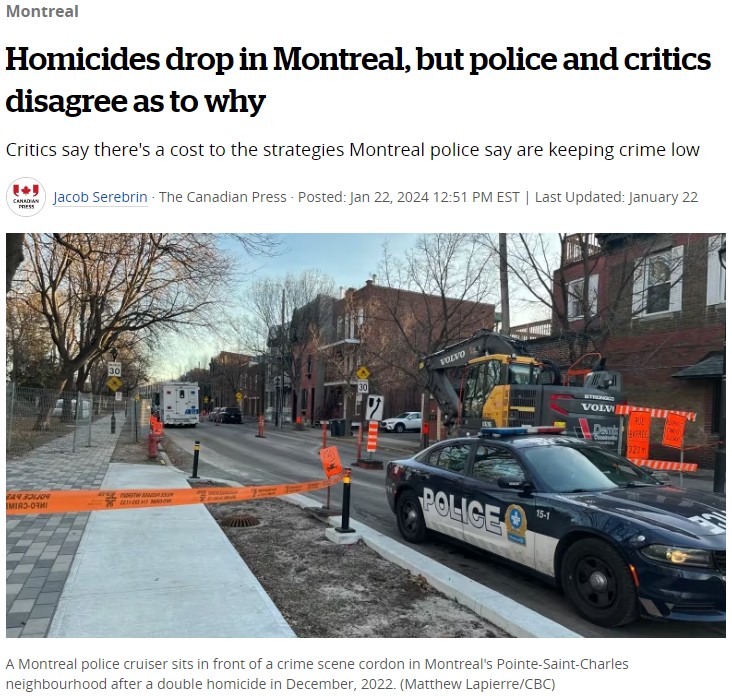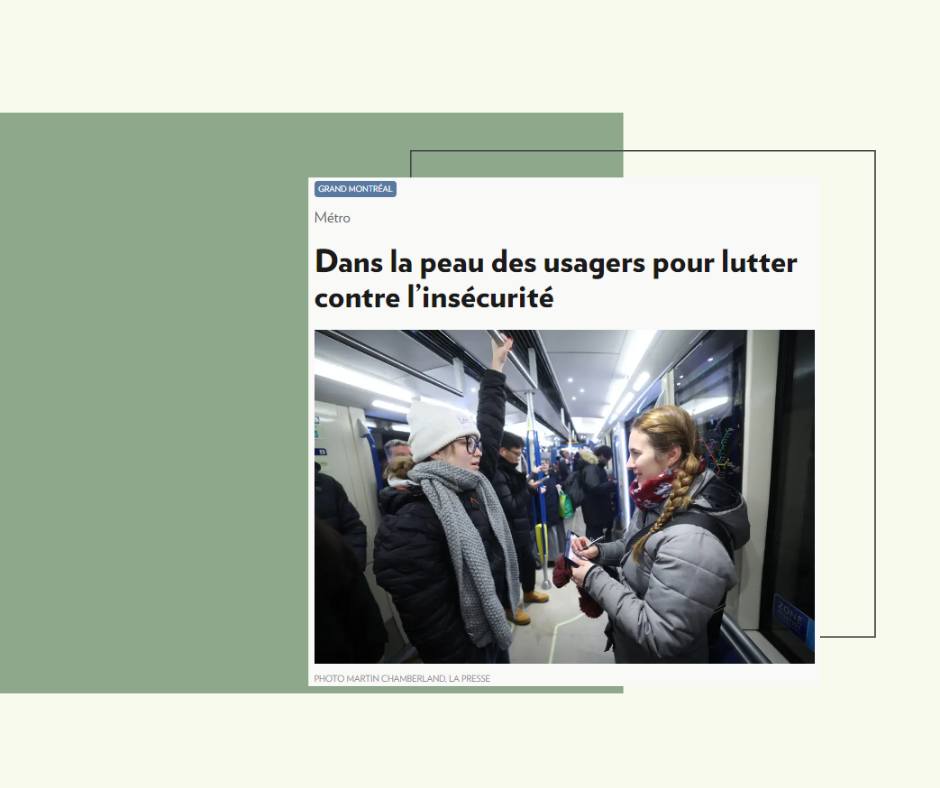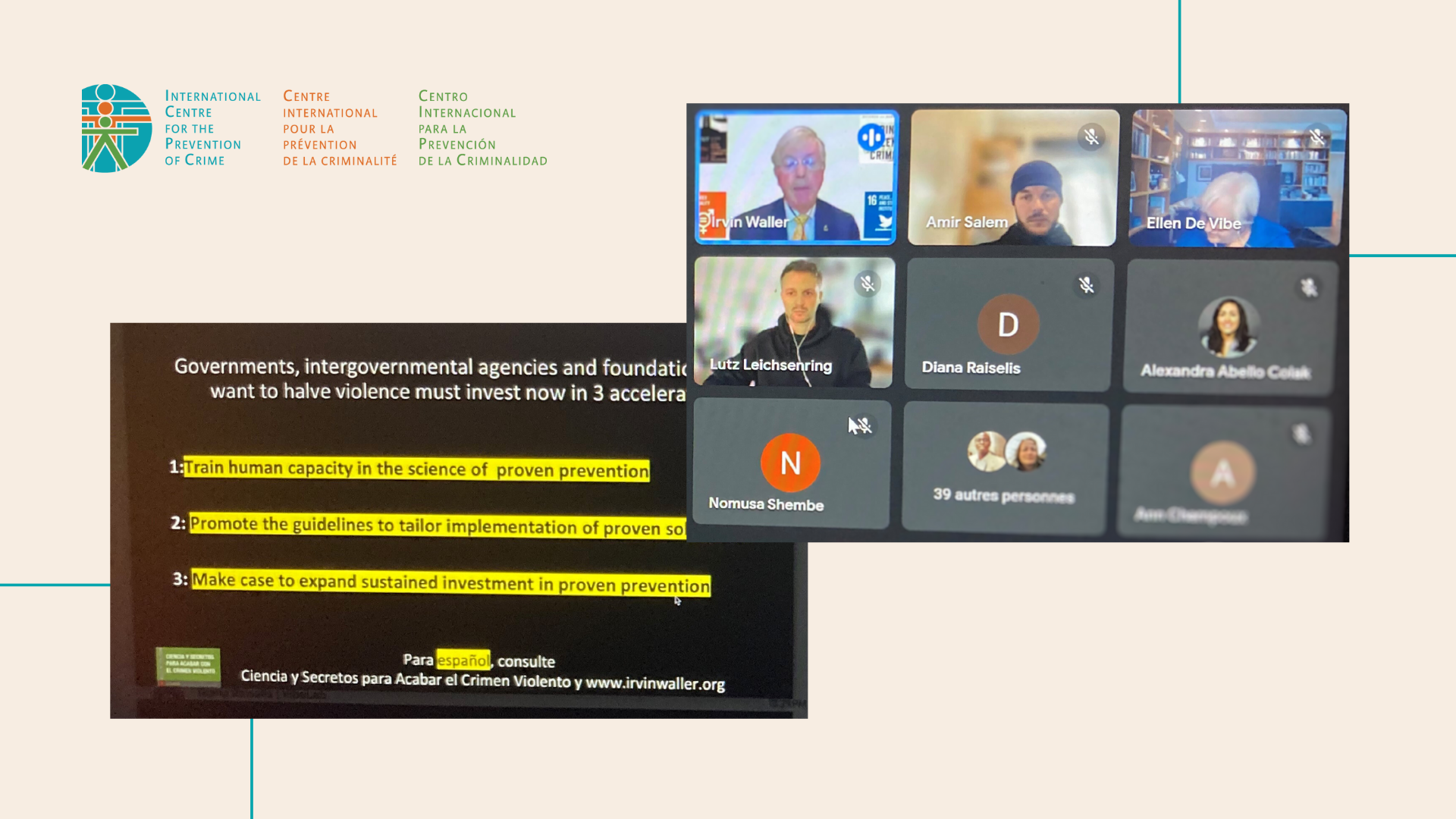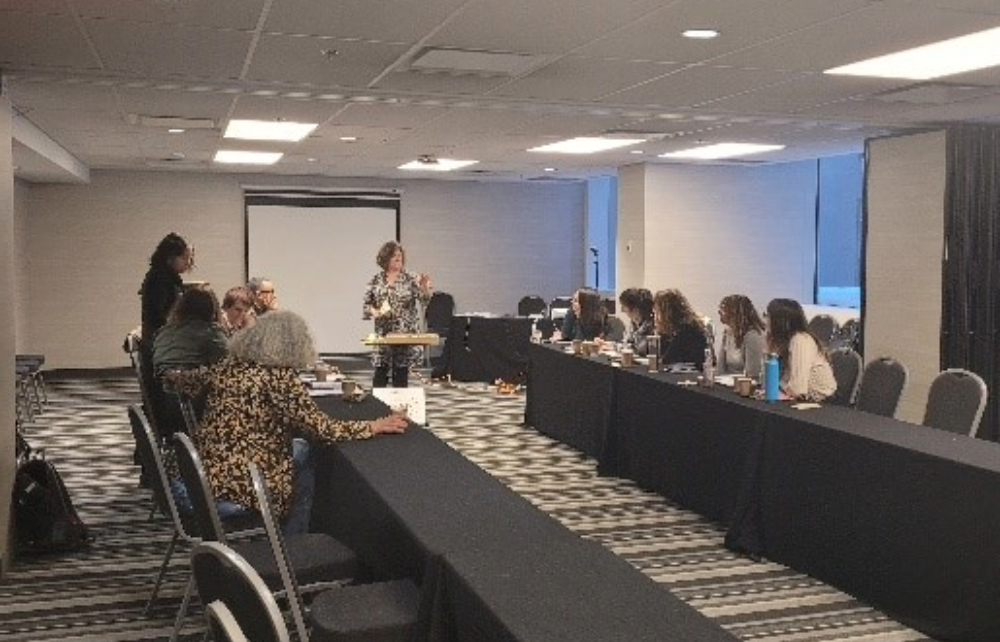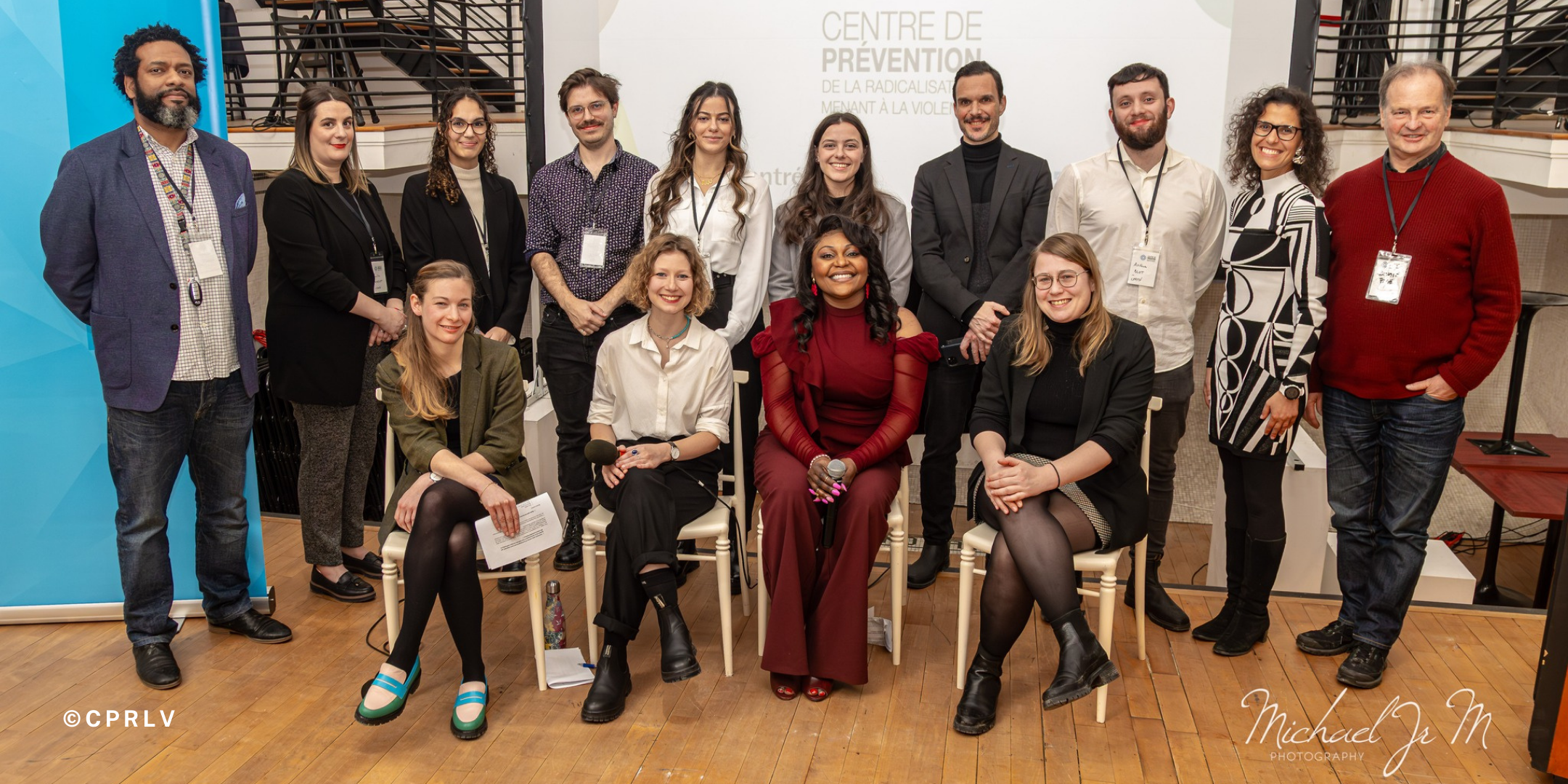The ICPC attended online the 7th Meeting of National Authorities on Trafficking in Persons of its partner, the Organization of American States (OAS), which took place on February 5, 2024, in Washington, focused on combating human trafficking in the American continent. This meeting brought together delegations from various countries to discuss the challenges and concerns faced, as well as priorities and strategies to adopt in response to the alarming increase in human trafficking, including forced labor and sexual exploitation.
During this event, a delegation representing Canada particularly emphasized the importance of combating sexual exploitation, calling for greater public awareness and reporting of abuses. The conference highlighted the role of technology in human trafficking, showing how advancements allow criminal networks to recruit and exploit victims discreetly, mainly online. The need for innovation and international collaboration to monitor and counter these activities was emphasized, with particular attention to identifying and blocking platforms facilitating these crimes.
Discussions also focused on prostitution networks and how victims, mainly young girls and boys, are exploited through transnational routes, highlighting the importance of cooperation between countries to provide aid and assistance. The use of social media and other online platforms in the recruitment and exploitation of young people was a key topic, indicating an urgent need to act on these fronts.
Finally, the link between climate change and human trafficking was addressed, recognizing that vulnerabilities arising from forced migrations due to climate changes require global responses to ensure safe and secure migrations.
Thus, this conference allowed the ICPC to continue its commitment to the prevention of human trafficking but also to enhance its capabilities to better combat this scourge on a global scale and to expand its network of partners.
Thank you for the invitation!


